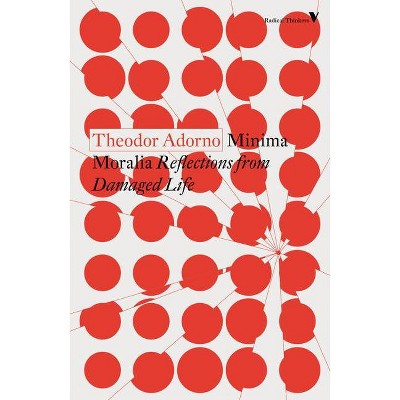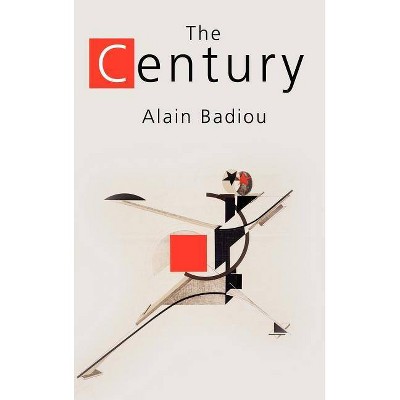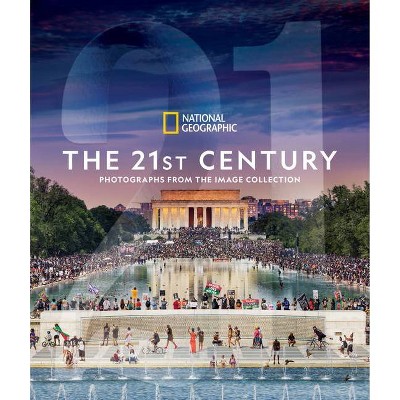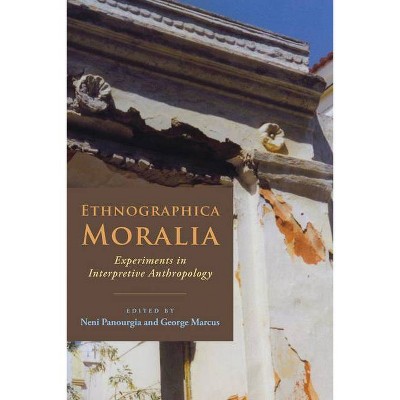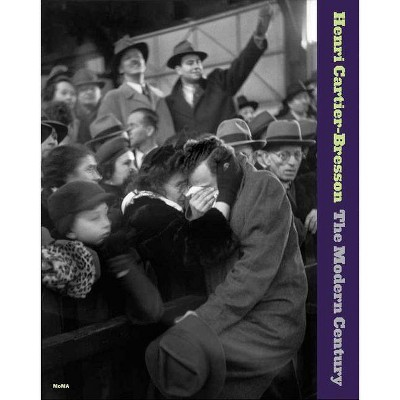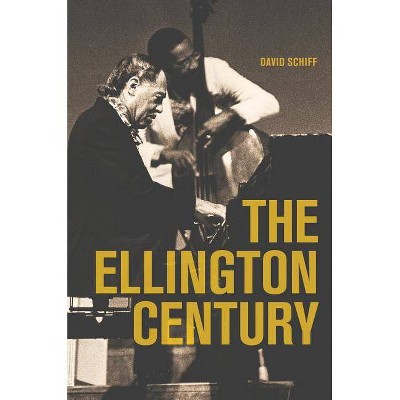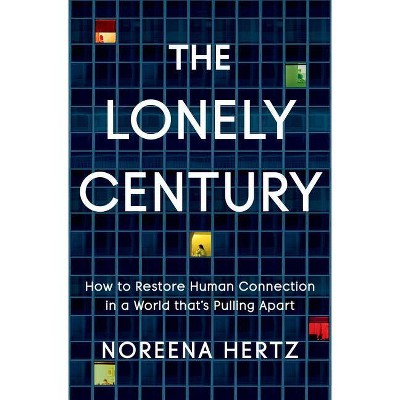Adorno's 'Minima Moralia' in the 21st Century - by Caren Irr (Hardcover)
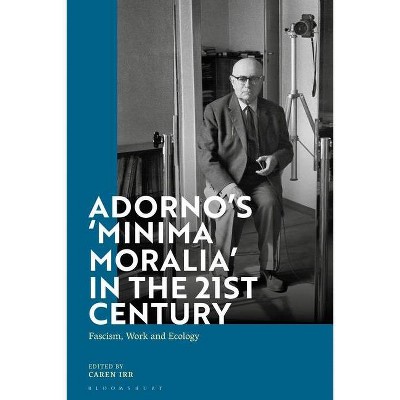
Similar Products
Products of same category from the store
AllProduct info
<p/><br></br><p><b> About the Book </b></p></br></br>"This interdisciplinary volume revisits Adorno's lesser-known work, Minima Moralia, and makes the case for its application to the most urgent concerns of the 21st century. Contributing authors situate Adorno at the heart of contemporary debates on the ecological crisis, the changing nature of work, the idea of utopia, and the rise of fascism. Exploring the role of critical pedagogy in shaping responses to fascistic regimes, alongside discussions of extractive economies and the need for leisure under increasingly precarious working conditions, this volume makes new connections between Minima Moralia and critical theory today. Another line of focus is the aphoristic style of Minima Moralia and its connection to Adorno's wider commitment to small and minor literary forms, which enable capitalist critique to be both subversive and poetic. This critique is further located in Adorno's discussion of a utopia that is reliant on complete rejection of the totalising system of capitalism. The distinctive feature of such a utopia for Adorno is dependent upon individual suffering and subsequent survival, an argument this book connects to the mutually constitutive relationship between ecological destruction and right-wing authoritarianism. These timely readings of Adorno's Minima Moralia teach us to adapt through our survival, and to pursue a utopia based on his central ideas. In the process, opening up theoretical spaces and collapsing the physical borders between us in the spirit of Adorno's lifelong project"--<p/><br></br><p><b> Book Synopsis </b></p></br></br><p>This interdisciplinary volume revisits Adorno's lesser-known work, <i>Minima Moralia</i>, and makes the case for its application to the most urgent concerns of the 21st century. Contributing authors situate Adorno at the heart of contemporary debates on the ecological crisis, the changing nature of work, the idea of utopia, and the rise of fascism. <p/> Exploring the role of critical pedagogy in shaping responses to fascistic regimes, alongside discussions of extractive economies and the need for leisure under increasingly precarious working conditions, this volume makes new connections between <i>Minima Moralia</i> and critical theory today. Another line of focus is the aphoristic style of <i>Minima Moralia</i> and its connection to Adorno's wider commitment to small and minor literary forms, which enable capitalist critique to be both subversive and poetic. This critique is further located in Adorno's discussion of a utopia that is reliant on complete rejection of the totalising system of capitalism. The distinctive feature of such a utopia for Adorno is dependent upon individual suffering and subsequent survival, an argument this book connects to the mutually constitutive relationship between ecological destruction and right-wing authoritarianism. <p/> These timely readings of Adorno's <i>Minima Moralia</i> teach us to adapt through our survival, and to pursue a utopia based on his central ideas. In the process, opening up theoretical spaces and collapsing the physical borders between us in the spirit of Adorno's lifelong project.</p><p/><br></br><p><b> Review Quotes </b></p></br></br><br><p>"This compelling collection on Adorno's aphoristic masterwork snaps it into contemporary focus with a range of essays addressing 'damaged life' in the present, from the resurgence of fascism in politics to the colonisation of life by work and the escalation of ecological violence. Adorno, it turns out, has been waiting for us in the twenty-first century." --<i>Nicholas Lawrence, University of Warwick, UK</i> <p/>"Minima Moralia is the exquisite entrée into Adorno's thought: intense aphorisms that quietly juxtapose and interweave autobiographical reflection, miniatures of sociological critique, and philosophical analysis. The essays in Filar and Irr's volume are the perfect companion for contemporary readers, pointedly focusing on the bond between the textures of ordinary life and fascism; animality, racism, and anthropocentrism; aphorisms as artwork-like modes of writing that resist the calls instrumental reason and capitalist exchange; and Adorno's "reflections from damaged life" as the agonized adumbration of life in the Anthropocene. Together these essays reveal Adorno as a challenging and urgent contemporary." --<i>Jay Bernstein, Distinguished Professor of Philosophy, New School for Social Research, USA</i></p><br><p/><br></br><p><b> About the Author </b></p></br></br><b>Caren Irr</b> is Professor of English at Brandeis University, USA.
Price History
Price Archive shows prices from various stores, lets you see history and find the cheapest. There is no actual sale on the website. For all support, inquiry and suggestion messagescommunication@pricearchive.us
